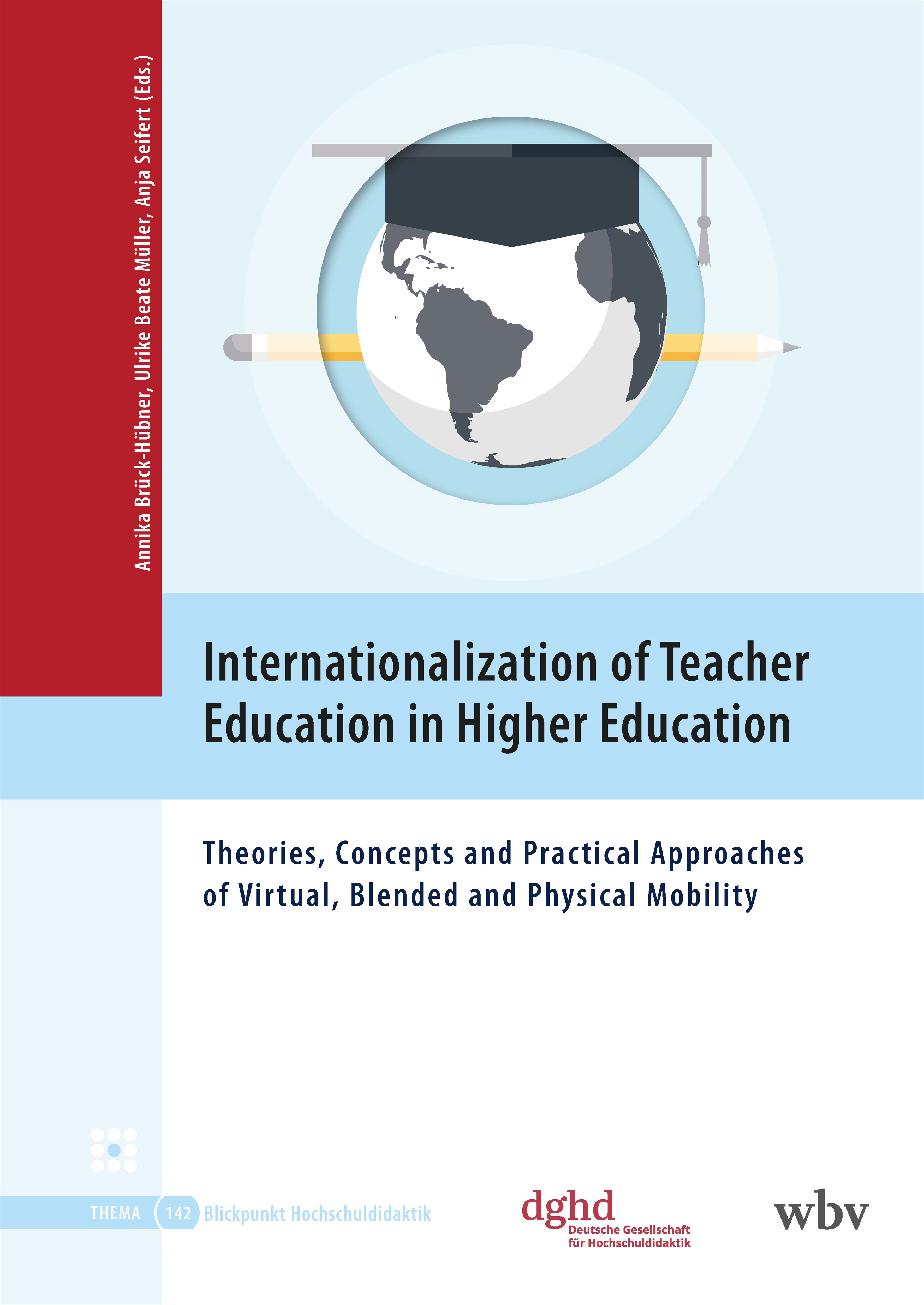Internationalization and Teacher Education for Inclusion
In 2020 the Council of the European Union highlighted that prospective and practicing teachers and trainers should be supported to effectively work with learners from a variety of cultural and socioeconomic backgrounds. To develop social and intercultural competences, the council maintains cross-border mobility - either virtual, blended or physical - as a valuable opportunity and a powerful learning experience for prospective and practicing teachers and trainers (p. 5). This article focuses on the relation of internationalization and teacher education for inclusion. After a clarification of the terms internationalization and inclusion, teachers' competences for inclusive education and the supposed influence of internationalized teacher education on the development of students' competences are dealt with. Finally, research findings of studies on the relation of internationalization of teacher education and (future) teachers' competences for inclusive education are analyzed.
Beiträge
Open Access
Open Access
A Step-by-step Model for Internationalization of Elementary School Teacher Education
Pedagogical University Development Using the Example of the Giessen GloPEG Project
Open Access
Open Access
Open Access
Open Access
Open Access
weitere Infos
Müller, Ulrike Beate (2024). Internationalization and Teacher Education for Inclusion. In Annika Brück-Hübner, Ulrike Beate Müller & Anja Seifert (Hg.), Internationalization of Teacher Education in Higher Education: Theories, Concepts and Practical Approaches of Virtual, Blended and Physical Mobility (S. 35-47). Bielefeld: wbv Publikation. https://doi.org/10.3278/I77352W003
